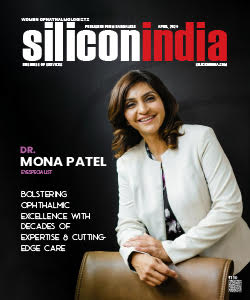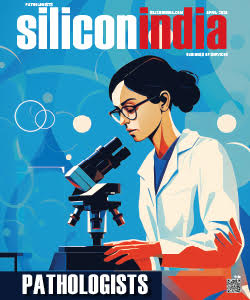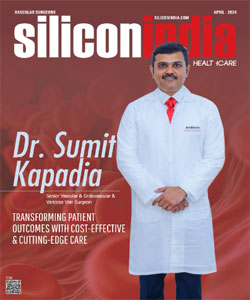A Good Night's Sleep Sharpens Our Memories
LONDON: After a good night's sleep, we are more likely to recall facts which we could not remember while still awake, researchers have found.
According to the team from University of Exeter in Britain and the Basque Centre for Cognition, Brain and Language in Spain, sleeping not only protects memories from being forgotten it also makes them easier to access.
"Sleep almost doubles our chances of remembering previously unrecalled material. The post-sleep boost in memory accessibility may indicate that some memories are sharpened overnight," explained Nicolas Dumay from University of Exeter.
This supports the notion that, while asleep, we actively rehearse information flagged as important.
In two situations where participants forgot information over the course of 12 hours of wakefulness, a night's sleep was shown to promote access to memory traces that had initially been too weak to be retrieved.
Dr Dumay believes the memory boost comes from the hippocampus, an inner structure of the temporal lobe in the brain.
It unzips recently encoded episodes and replays them to regions of the brain originally involved in their capture.
This will lead the subject to effectively re-experience the major events of the day.
During the study, the team tracked memories for novel, made-up words learnt either prior to a night's sleep, or an equivalent period of wakefulness.
Subjects were asked to recall words immediately after exposure, and then again after the period of sleep or wakefulness.
The researcher found that compared to daytime wakefulness, sleep helped rescue unrecalled memories more than it prevented memory loss.
"More research is needed into the functional significance of this rehearsal and whether it allows memories to be accessible in a wider range of contexts, hence making them more useful," the authors noted in a paper appeared in the journal Cortex.
"Sleep not just protects memories against forgetting, it also makes them more accessible," they concluded.
Also Read:
6 Indian CEOs And Their Supercars
Wireless Devices May Cause Cancer: Study



